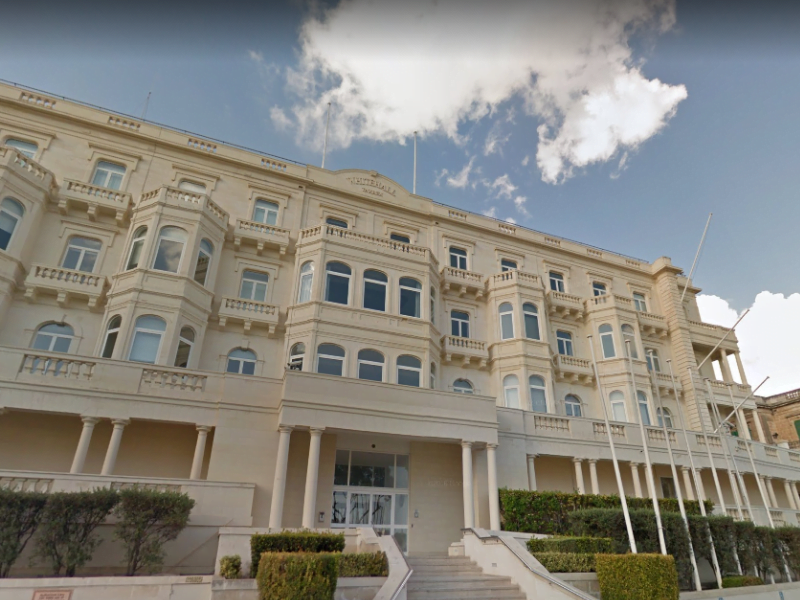The EU is planning to create a new anti-money laundering watchdog, the Anti-Money Laundering Authority, as part of an updated regulatory system.
The news was welcomed by Greens MEP Sven Giegold who announced the key components of the proposal in a statement.
The European Commission’s planned legislative package against money laundering and terrorist financing will encompass the existing anti-money laundering directive and expand with more detailed provisions.
“This means that uniform standards against money laundering will apply in the EU when the new regulation comes into force. Unlike a directive, a regulation does not first have to be transposed into national law,” Giegold said.
The draft of this regulation provides for a new type of governance structure that strengthens the independence of the new EU supervisory authority vis-à-vis the interests of Member States.
The existing fourth EU Anti-Money Laundering Directive and its 2018 extension (AMLD5) will be repealed and replaced by a new directive that goes beyond the existing ones in many respects.
The Anti-Money Laundering Authority is to make operational decisions on risky companies. “By directly supervising and taking decisions towards some of the riskiest cross-border financial sector obliged entities, the Authority will contribute directly to preventing incidents of money laundering/terrorist financing in the Union,” the Commission proposal, seen by Reuters, states.
The third regulation in the Commission’s legislative package regulates the providers of crypto-assets, such as Bitcoin. This extends the due diligence requirements that are already commonplace for bank transfers to crypto-assets.
The EUObserver reports: “The EU contains several weak jurisdictions, which act as entry points for illicit money into the European banking system. These include Austria, the Baltic states, Cyprus, Luxembourg, and Malta.”
The Commission’s proposal said EU states will have to harmonise anti-money laundering laws for the project to work.
The proposals are to be adopted by the EU Commission on 20 July. They then need the approval of the European Parliament and the Council of Member States.














Why did the FIAU fail to issue a fine against Pilatus Bank and Nexia? Why did FIAU Deputy Director Alfred Zammit issue and sign a letter to inform Pilatus Bank that FIAU will not fine the bank?
Will MFSA officials be investigated for not fining Pilatus and Nexia? Why did Christopher Buttigieg, MFSA interim CEO fail to withdraw their licenses?